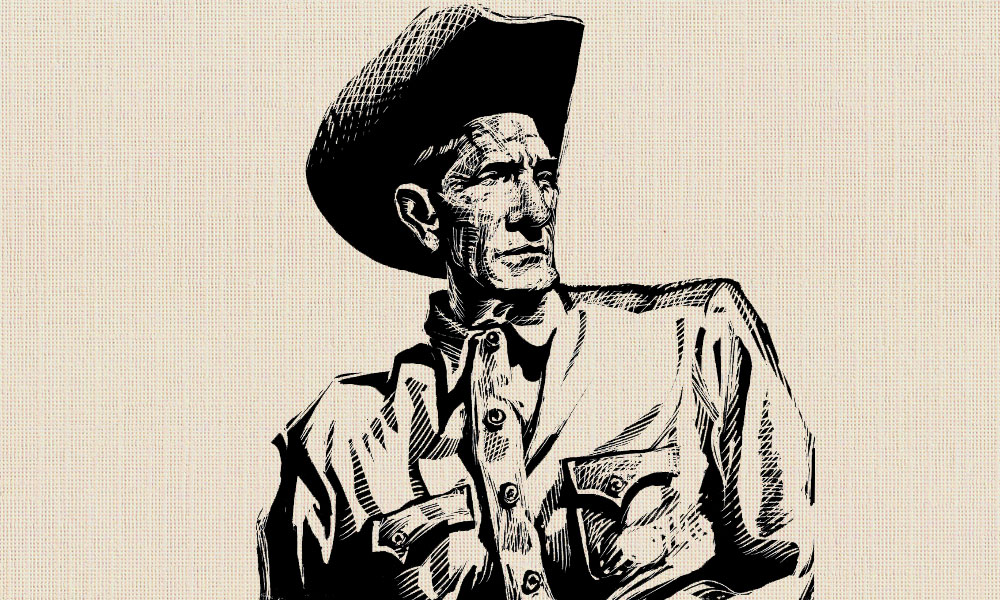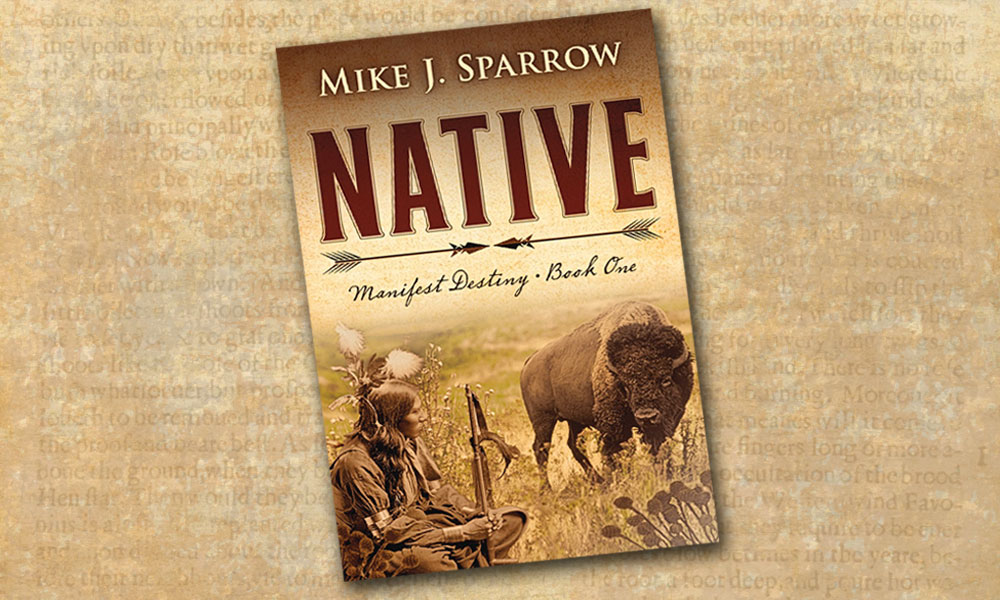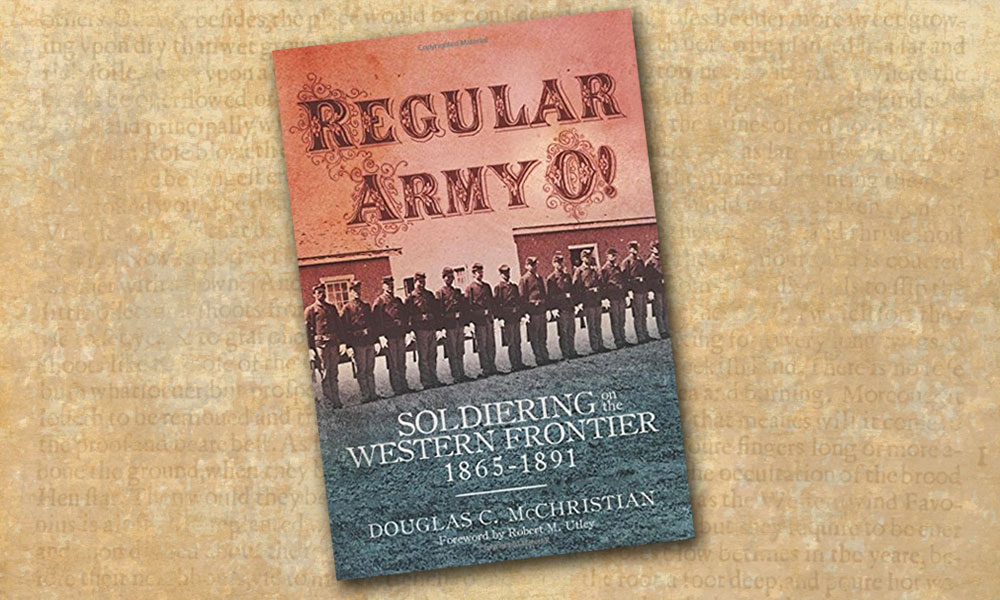
Americans have lots of colorful phrases and sayings to specify a point—but often, although we know the point, we don’t know beans about the origins of the saying. To find out, True West went hell-bent for election. It took a month of Sundays, but we got some answers. So let’s talk turkey.
To know beans: This is a negative, that one is appallingly ignorant or wholly unacquainted with the subject under discussion. William Walsh’s “Handy-Book of Literary Curiosities” suggests it came from a dispute in Boston over a recipe for baked beans. He suggests that city, the hub of the universe in the 1800s, would find it a mark of sheer ignorance not to know that Boston Baked Beans must be made with a variety of small white beans. Hence, “You don’t know beans.”
“Hell-bent” is an American term that means no matter the consequences, we’re carrying on. But “hell-bent for election” apparently was derived from the 1840 reelection campaign of former Maine governor Edward Kent. Although Maine was primarily a Democratic state, Kent was a Whig and had won the seat, but then lost it, and now was trying yet again.
The Whigs were determined to take the office back, and probably used the “hell-bent for election” slogan during the campaign, since their victory was celebrated by a song that included: “Oh, have you heard how old Maine went? She went hell-bent for Governor Kent and Tippercanoe and Tyler, too!”
A month of Sundays is a glib expression that means an interminable time, and it undoubtedly was coined by a young person in the 1800s. In those days, Sunday observance was required, with a day of prayer—sometimes for hours on end—and decorum. Games weren’t played, levity was frowned on. To a young person, this had to make Sundays seem never-ending, and the ultimate of dreariness would be a whole month of Sundays.
To talk turkey has meant a lot of different things over the years. In the the 1800s, it meant a pleasant conversation, like a young man “talked turkey” to a good looking girl. It’s thought the phrase evolved because shy young men can get so tongue-tied, their remarks sound as meaningless as the gobble of a turkey.
But around the turn of the century, the phrase took a sterner note, meaning it was a talking-to about something wrong or appropriate. A mother talks turkey to her daughter about chastity, an employer talks turkey to a clerk who’s messing up.
But the origin of the phrase, according to “A Hog on Ice & Other Curious Expressions” by Charles Funk, dates back to the founding of the nation and a legend about a hunting trip between a white man and an Indian. The legend says they shot several birds, including some turkeys, but when it came time to divide them up, the white man thought he could best the Indian by always getting the turkeys into his pile. But the Indian wasn’t so gullible and finally announced to his hunting partner, “Ugh, all time you talk turkey. Now I talk turkey to you.”






